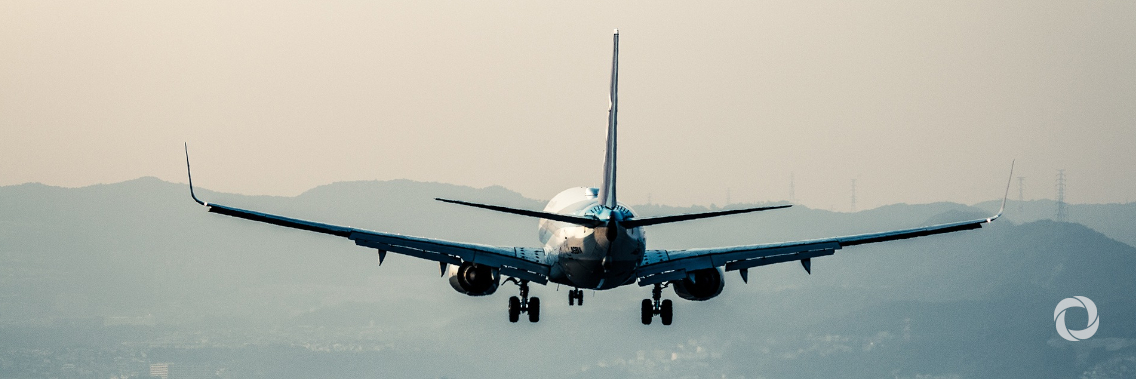With the gradual restarting of passenger air transport in the coming weeks, leaders from over a dozen air transport associations representing Europe’s aviation sector issued an urgent call for EU leaders to prioritize specific decarbonization initiatives in their allocation of future COVID-19 recovery funding.
European aviation continues to reel from the sudden collapse of the air transport system over the last months and is amongst the sectors most heavily impacted. But these challenges are compounded by the need to meet ambitious climate change goals going forward. Ensuring an accelerated deployment of existing decarbonization solutions and adequate investments to bring new technologies forward will be key – investments which should be at the heart of the EU’s COVID-19 recovery strategy. In the meantime, existing financial instruments, such as loans, could also be made available to provide urgent relief.
Europe’s aviation sector is committed to contributing to the recovery of European economies in line with the Green Deal objectives, and to the benefit of all. The sector, therefore, calls on policymakers to include smart measures to support Europe’s civil aviation sector during its recovery. This requires ensuring that aviation climate action is eligible for funding under the mechanisms foreseen by the Next Generation EU and the new Multi-annual Financial Framework (MFF).
“Air transport is beginning its recovery from the greatest crisis in its history. And we are determined to return better, safer and greener than ever before. We are committed to eliminating carbon emissions and meeting our tough environmental commitments. The release of EU COVID-19 recovery funds offers an opportunity that should not be missed. Strategic support from European governments for investment in sustainable fuels, new aircraft, and a more efficient air traffic control network could lock-in permanent emissions reductions and accelerate aviation’s path to sustainability.”
A combination of public and private investment is necessary to allow air transport leaders to speed up work to decarbonize the sector – in line with the EU goal of climate neutrality by 2050. Specific proposals include:
1. Boosting the production and uptake of Sustainable Aviation Fuels (SAFs) in Europe through a dedicated and stable set of policy measures and public investment plans.
2. Implement a green incentive scheme for airlines and aircraft operators to replace older aircraft (fixed wing and helicopters) with more modern and environmentally friendly aircraft.
3. Increase public funding and public co-funding rates for Civil Aviation Research & Innovation (Clean Aviation and SESAR): Use resources from the recovery funds to inject additional capital beyond the amount that will be provided through the MFF and Horizon Europe, in particular.
4. Continued investment in the European Air Traffic Management system (ATM): Enhance the benefits of the Single European Sky and temporarily provide 100% public funding for the deployment of SESAR technologies with proven sustainable and environmental benefits.
5. Investment in the sustainable airport and heliport infrastructure: Ensure funding eligibility of projects related to energy efficiency, renewable energy and electrification (e.g. improving the energy efficiency of terminal buildings, renewable energy generation on-site, supply of electrical ground power to aircraft on stand, electrification of ground vehicle fleets, etc.)
Read the full text of the joint letter to EU leaders.
Original source: IATA
Published on 24 June 2020

